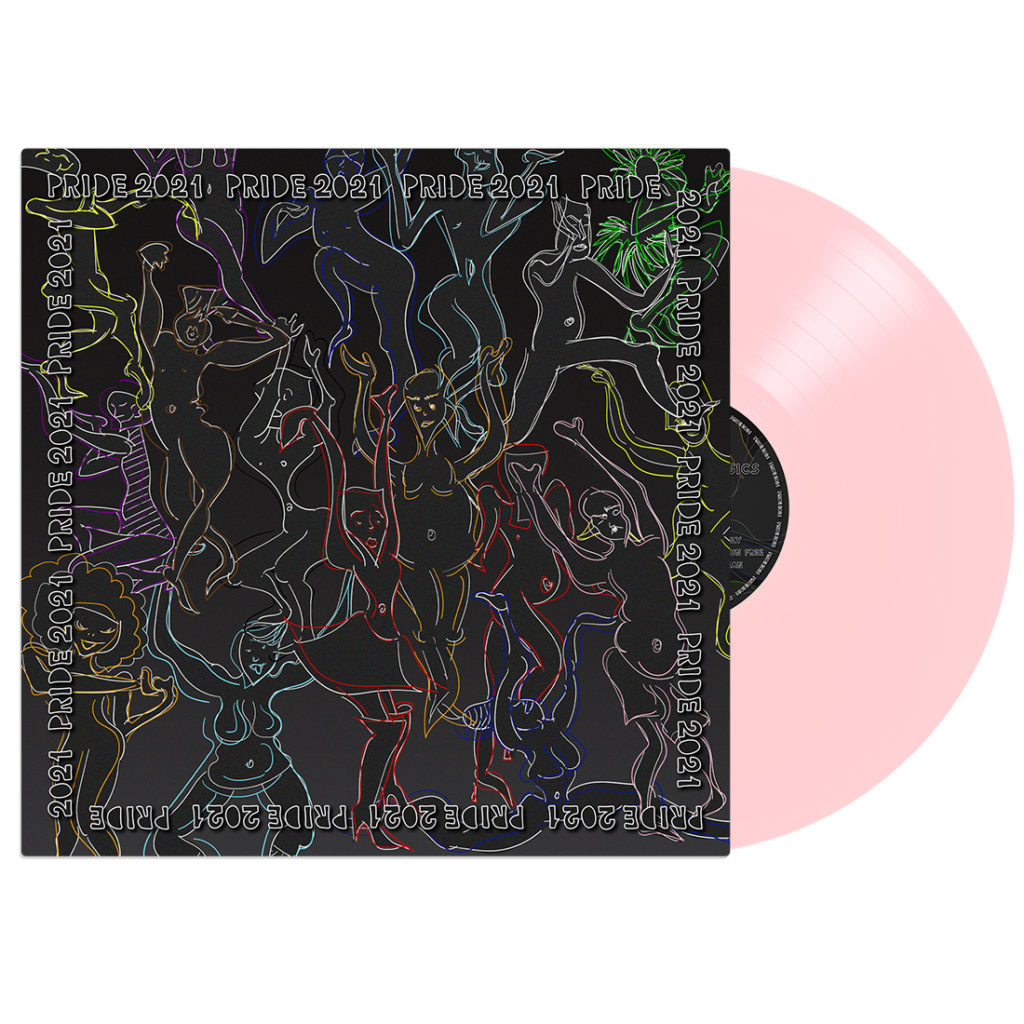Sister Sledge’s “We Are Family” is more than just a disco track; it’s a cultural phenomenon that resonated deeply, particularly within the LGBTQ+ community. This iconic song, born from a collaboration with the legendary Chic, overcame initial creative differences to become an enduring anthem of inclusivity and kinship.
The genesis of “We Are Family” wasn’t without its hurdles. Sister Sledge, classically trained and disciplined in their musical approach, found themselves in a contrasting dynamic with Chic’s more improvisational studio style. Debbie Sledge recounted to The Guardian the initial friction, noting the differing work methods between the two groups. While Sister Sledge was accustomed to meticulously prepared recording sessions, Nile Rodgers and Bernard Edwards of Chic favored a more fluid process, developing songs organically in the studio. Creative disagreements, especially between Edwards and Debbie, arose regarding the group’s musical direction. Rodgers often acted as a mediator, navigating these tensions to harness the collective genius.
Despite these creative clashes, the collaboration yielded a groundbreaking queer club classic. Craig Werner, author of A Change Is Gonna Come: Music, Race And The Soul Of America, aptly described “We Are Family” as “the ultimate disco manifesto” due to its powerful message of inclusivity. Released in April 1979, the song masterfully fused Chic’s signature R&B-infused disco-funk rhythms with Sister Sledge’s soulful and dynamic vocals. “We Are Family” achieved significant chart success, reaching No.8 in the UK and No.2 in the US. More than just a hit, it became synonymous with the essence of disco music: diversity, acceptance, and the freedom to express oneself.
 Pride 2021 rose-colored vinyl album featuring 'We Are Family' and other queer club classics. A portion of sales supports LGBTQ+ equality.
Pride 2021 rose-colored vinyl album featuring 'We Are Family' and other queer club classics. A portion of sales supports LGBTQ+ equality.
The cultural impact of “We Are Family” extends far beyond the dance floor. Sung by sisters, the lyrics, emphasizing unity and faith, resonated as a powerful message of community and kinship for everyone, especially those on the margins of society. For the LGBTQ+ community, facing potential rejection from their biological families, the song offered a profound sense of belonging. Fear of ostracism from family is a significant challenge for LGBTQ+ individuals, and sadly, familial bonds are often broken due to sexuality.
Disco music, in the 70s and 80s, provided an alternative “family” for many LGBTQ+ individuals. It offered refuge from the pain of familial alienation, creating spaces where acceptance and belonging thrived. Sister Sledge’s anthem redefined “family” beyond traditional bloodlines. “Family” became about shared freedom and authentic self-expression, free from judgment and prejudice. “We Are Family” empowered marginalized voices, allowing them to sing, celebrate, and exist without discrimination.
Note: The original article includes a promotional link to buy a Pride 2021 compilation album. As per instructions, I will omit any call-to-action or promotional elements in the rewritten article.
